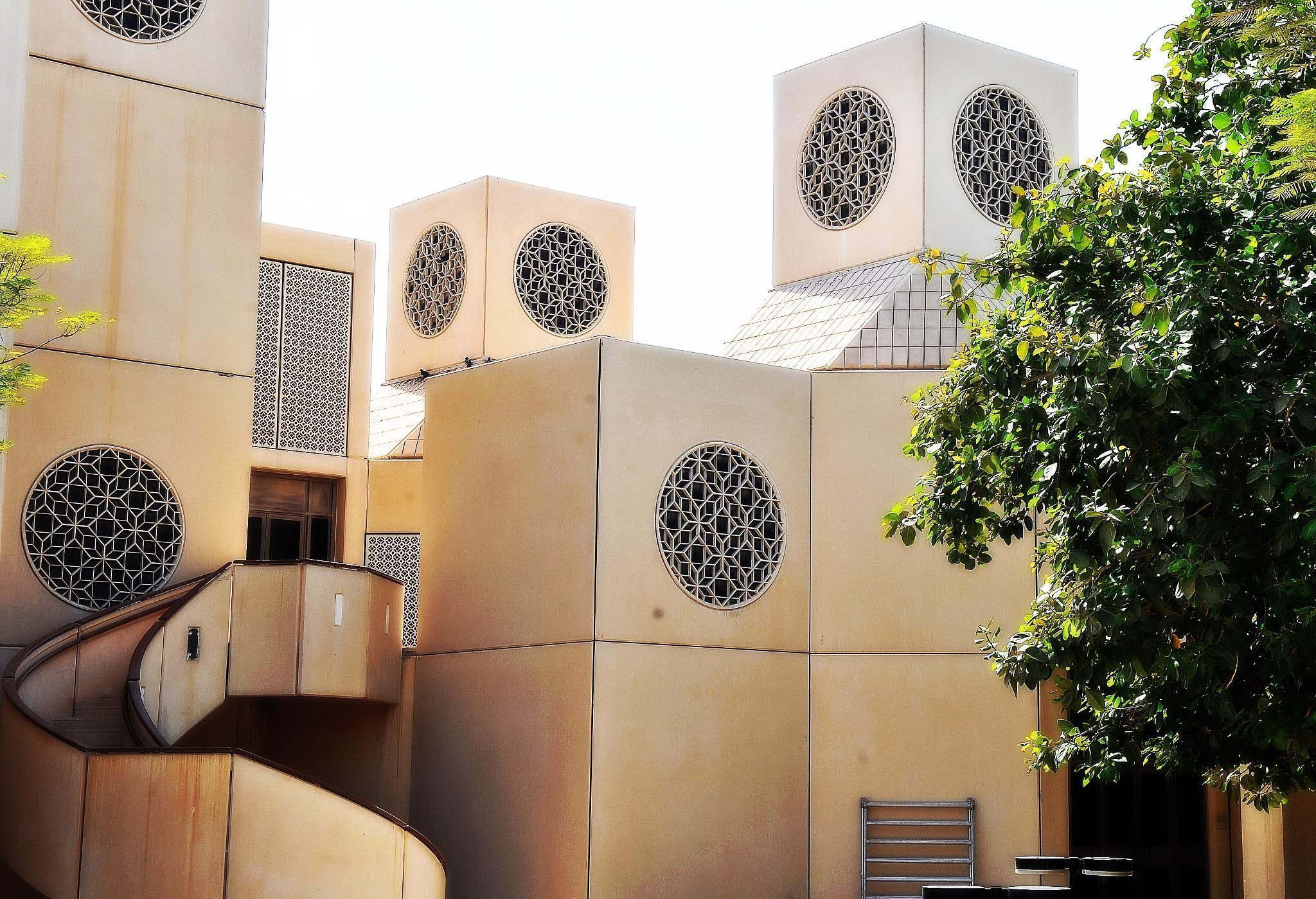
Updated on June 16 with details from a university statement and comments from an advisor.
For the first time in 12 years, Qatar’s largest university will have a new official at the helms.
According to QNA, Dr. Sheikha Abdulla Al-Misnad has been replaced by Dr. Hassan Rashid Al-Derham as president of Qatar University, following a meeting with the board of Regents today.

Al-Derham has held the post of Vice President of Research at QU for the past eight years.
According to his online biography, he is also an assistant professor at the College of Engineering and has a PhD in construction project management from the University of Glamorgan in Wales, UK.
His appointment comes at a time when QU is expanding and putting a greater emphasis on boosting its profile through research.
Al-Misnad was the fifth QU president, taking over the role in 2003. An alumnus of the university, she graduated in 1977 with a Bachelor’s degree in Education and followed that the next year with a diploma.
She got her PhD from Durham University in the UK with a thesis on “The Development of Modern Education in the Gulf States with Special Reference to Women’s Education.”
A statement issued by the university later in the day said:
“The Board (of Regents) acknowledged the instrumental role Prof. Al-Misnad played in the years since she assumed presidency in 2003, and recognized the phase under her leadership as a transformational era in the history of the university during which the institution reached new heights of academic quality, research excellence and international recognition.
The Board also expressed confidence that the new president Dr. Al Derham will carry the QU legacy forward.”
Criticism
The statement did not say why Al-Misnad is leaving, although a senior advisor to QU told Doha News that she had felt that, having served three, four-year terms at the top, it was time for “a fresh personality, a fresh vision.”
“She served one term longer than any other president and this was simply a decision she made that it was time for a change,” the consultant said, adding that the university community had been aware of Al-Misnad’s plans since last fall.
Al-Misnad has drawn the ire of some of the community in the past for her work at QU.

Under her leadership, the university tightened standards a decade ago, raising the required gradepoint average to graduate from 1.5 to 2.0 out of a 4.0 scale.
That roughly translates into an increase in the minimum standard from a D+/C- average to a C.
Speaking about her efforts to help reform the university to an international publication in 2013, Al-Misnad said:
“Asking students to follow certain standards whereby they could not graduate until they reached a certain level, that created a lot of problems because people were not used to it. When you tell people that in order to achieve they have to follow certain rules, that is not accepted.”
And in a panel session in Canada the same year, she also addressed what she called a widespread motivation problem among local youth, saying:
“I’m always concerned that we live in a blessed society with economic resources and a small population. I’m always thinking how we can motivate our youth. In my country, the national population looks at things as entitlement, not like an opportunity where you need to work hard on it.”
The remarks drew criticism from many students at the time, who called for an apology and her immediate resignation.
Qatar University growth
Since it began in 1973 as Qatar’s College of Education with just 150 students, QU has seen enormous growth over the years.

Its student body now stands at more than 14,000, a number it hopes to increase to 25,000 by 2019 as it undergoes a massive campus-wide expansion.
QU has eight colleges, including the recently-established College of Medicine, which is due to take its first group of students in September for its MD program.
The majority of students are Qatari, and the university is particularly popular with female students as it operates a segregated campus for male and female students at the undergraduate level.
To cope with increased demand from students for places, the university will renovate or construct 11 new buildings including purpose-built facilities for four colleges in the next five years.
Thoughts?







